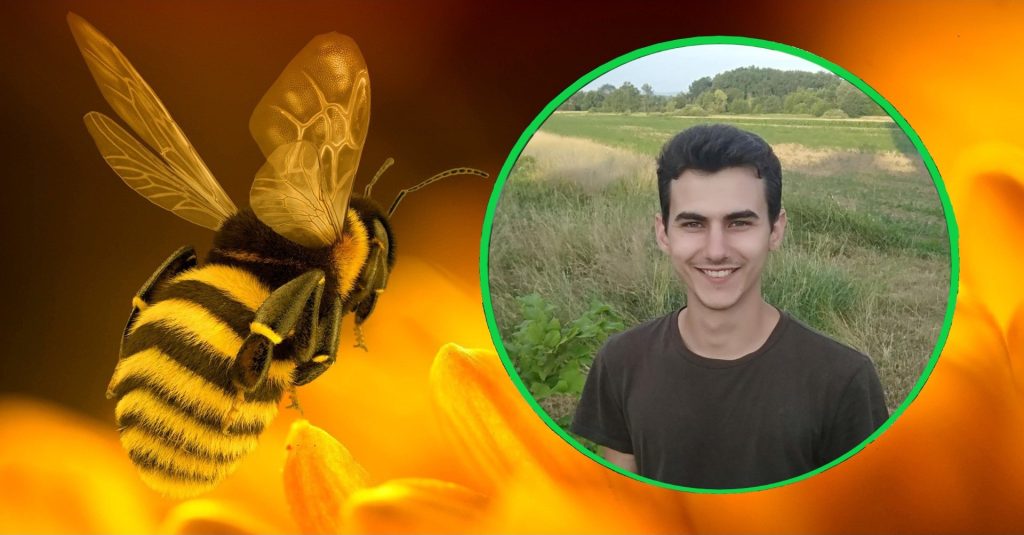Croatia is not unknowledgeable when it comes to bees. Beekeeping is a traditional part of rural life in Croatia. Indeed, Slavonian honey is protected at an EU-level and the honey of Istrian is in the process of requesting the same.
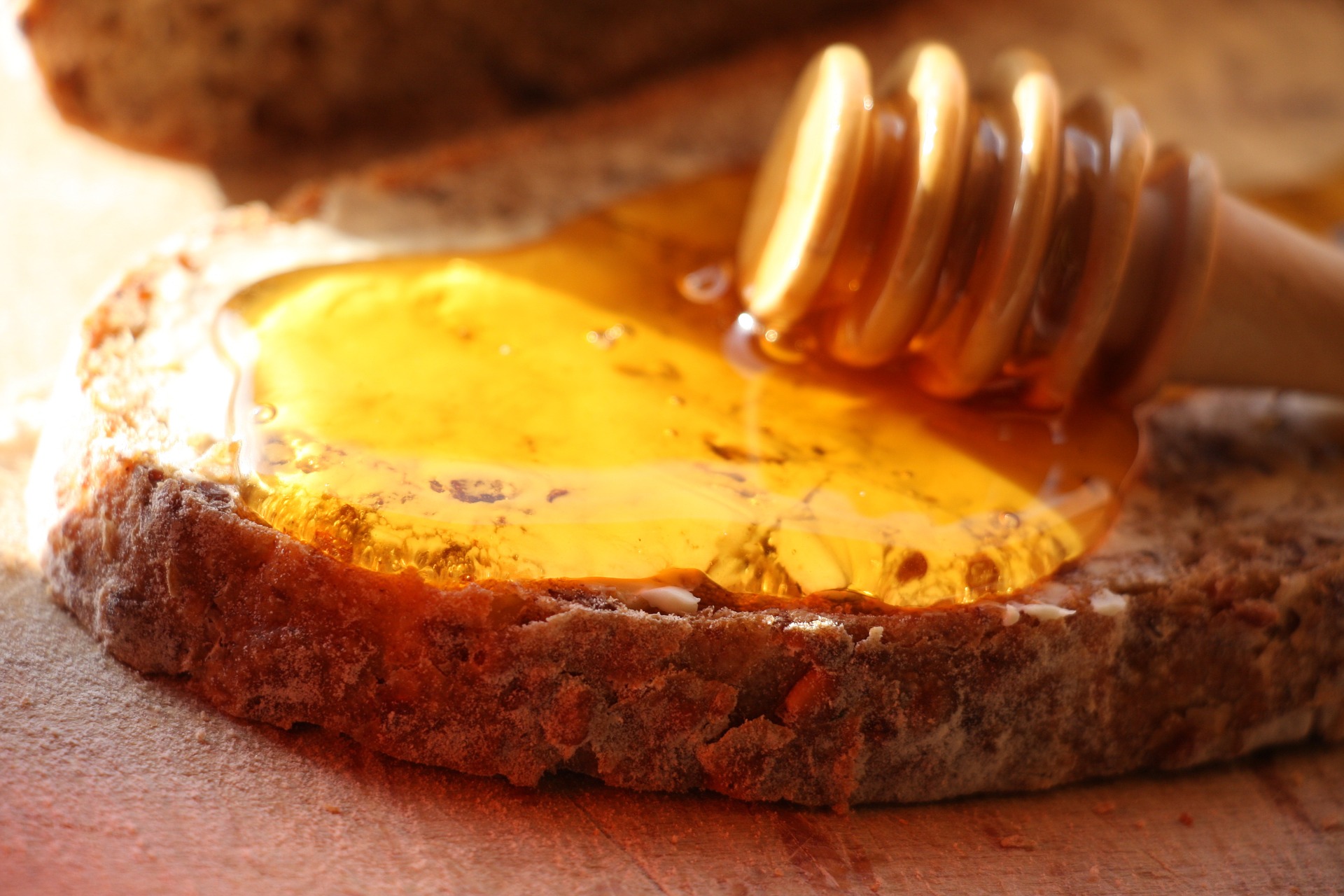 Croatian honey is renowned throughout the region. Slavonian honey is protected at an EU level
Croatian honey is renowned throughout the region. Slavonian honey is protected at an EU level
Vast tracts of land in Croatia are dedicated to successful agriculture. Here, too, the worth of bees is well known. Bees are known to pollinate upwards of 80% of all the crops we eat (pollination is how male and female plants reproduce and make seeds).
Garlic, parsley, apples, cherries, apricots, lemons, asparagus, pumpkin, cucumber, broccoli, courgette (zucchini), cabbage, carrots, cauliflower, aubergine (eggplant), watermelon, celery, kale, peppers and all berries are cultivated widely across Croatia, providing incomes, employment and food. The pollination of all of them relies on bees.
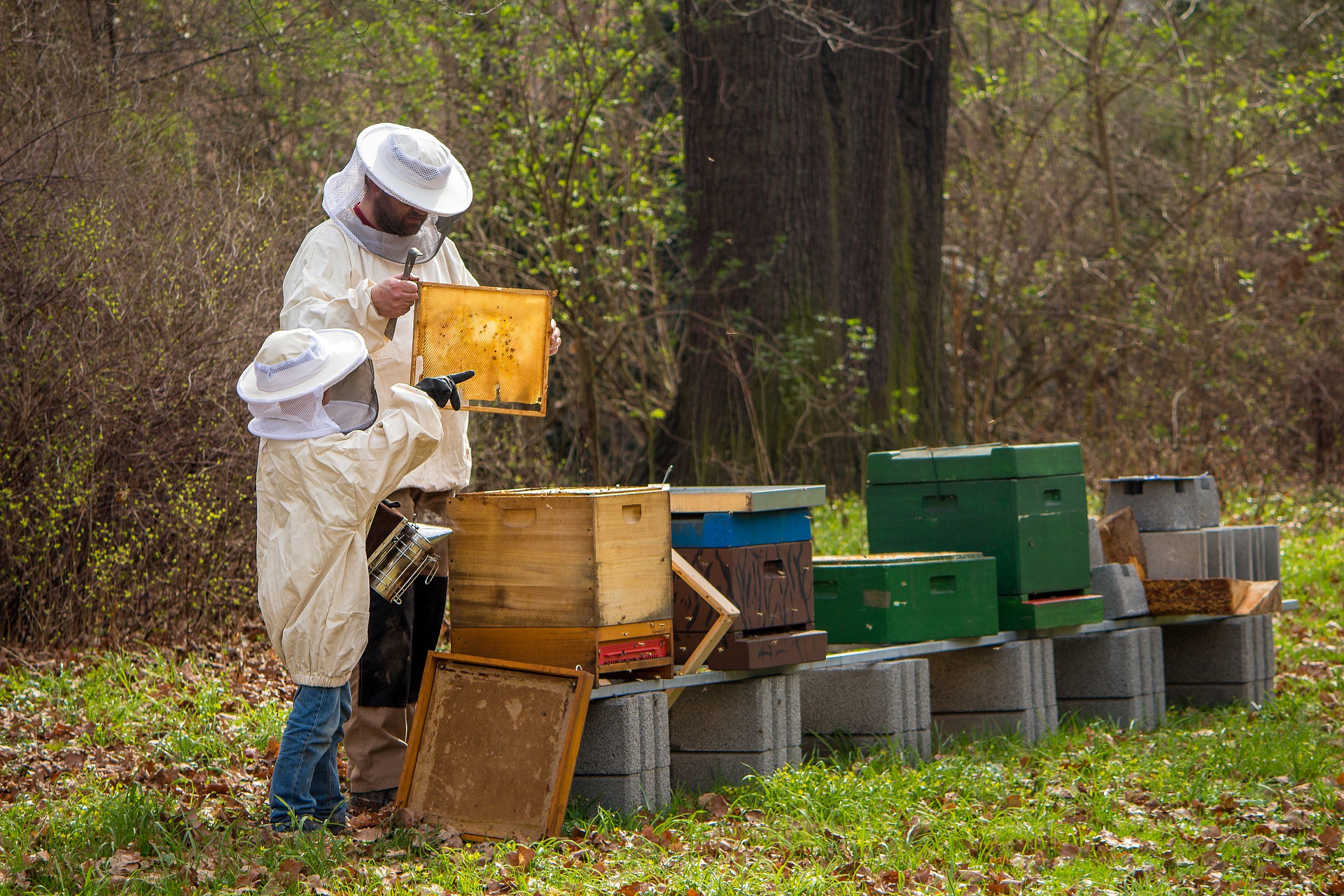 The honey made from beekeeping in Istria is currently applying to the EU for the same protected designation awarded to that from Slavonia
The honey made from beekeeping in Istria is currently applying to the EU for the same protected designation awarded to that from Slavonia
However, for all of the awareness of bees’ importance in Croatia, much of is restricted to the familiar scenes of traditional beekeeping. We are only too aware of the diseases and pollutants that can damage these precious colonies that produce our honey and pollinate our plants.
But, the truth of the integral roles bees play in our livelihoods and food is actually very different from what we imagine. It is a truth far removed from the colonies and hives of mask-wearing, honey-collecting beekeepers. Because up to 90% of all bees do not live in colonies at all. Those who don’t aren’t social, community creatures at all. They live a solitary existence. They are solitary bees. And, these solitary bees are far more important to the pollination of our plants than the colonies that live in hives. Just one single Red Mason bee (one of the many types of solitary bee that lives in Croatia) is equivalent to 120 worker honeybees in the pollination it provides.
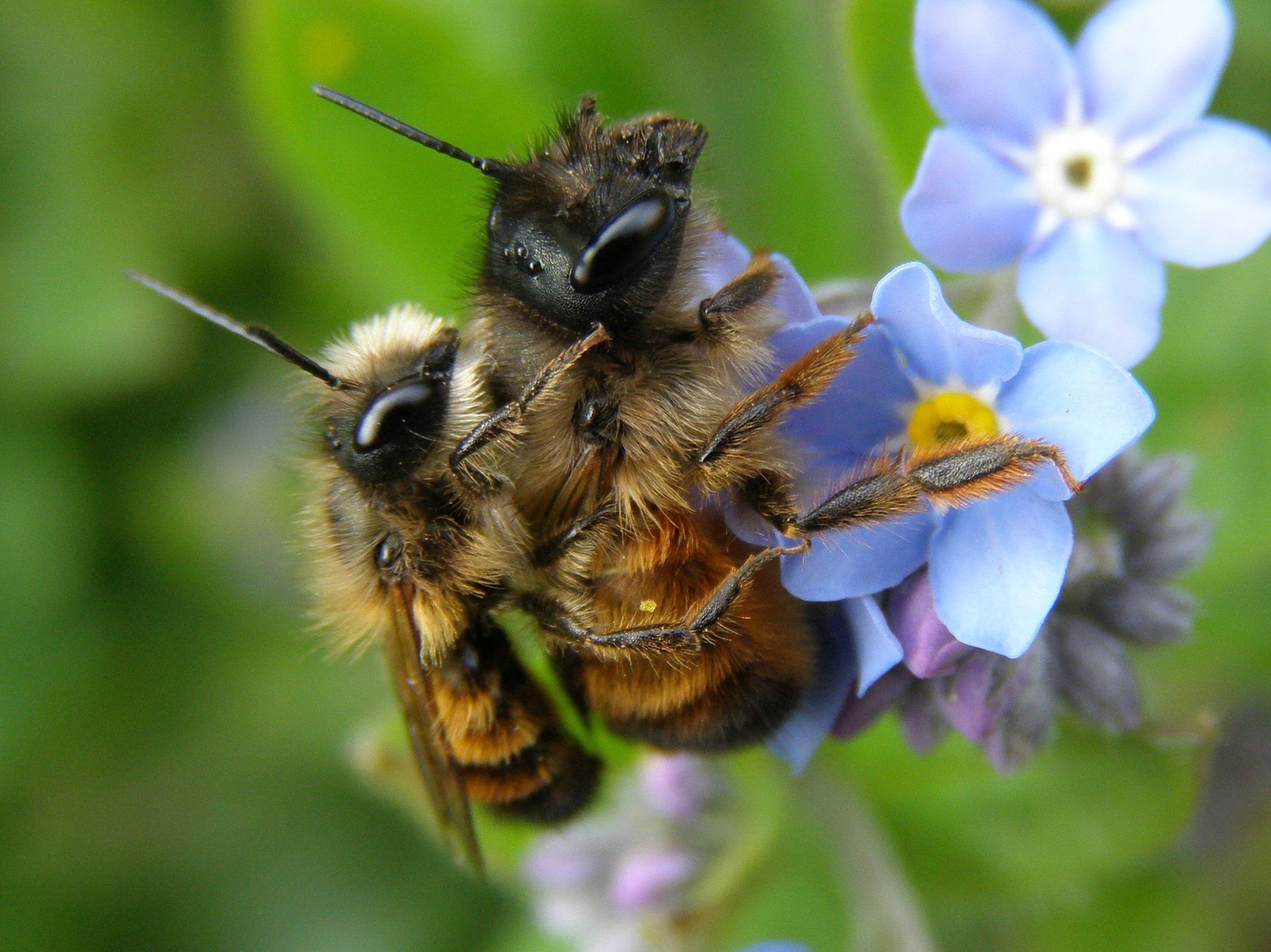 Solitary bees are the best pollinators of all bees
Solitary bees are the best pollinators of all bees
One person who is not unaware of the importance of solitary bees to our existence is 27-year-old Croat Josip Popcevic from Zbjegovača, a small village near Kutina. Since graduating in Production Engineering at the Faculty of Mechanical Engineering and Naval Architecture, Josip Popcevic has turned his mind back to the rural landscape from which he comes and has dedicated himself to the preservation, protection and furtherance of the solitary bee population so integral to our existence.
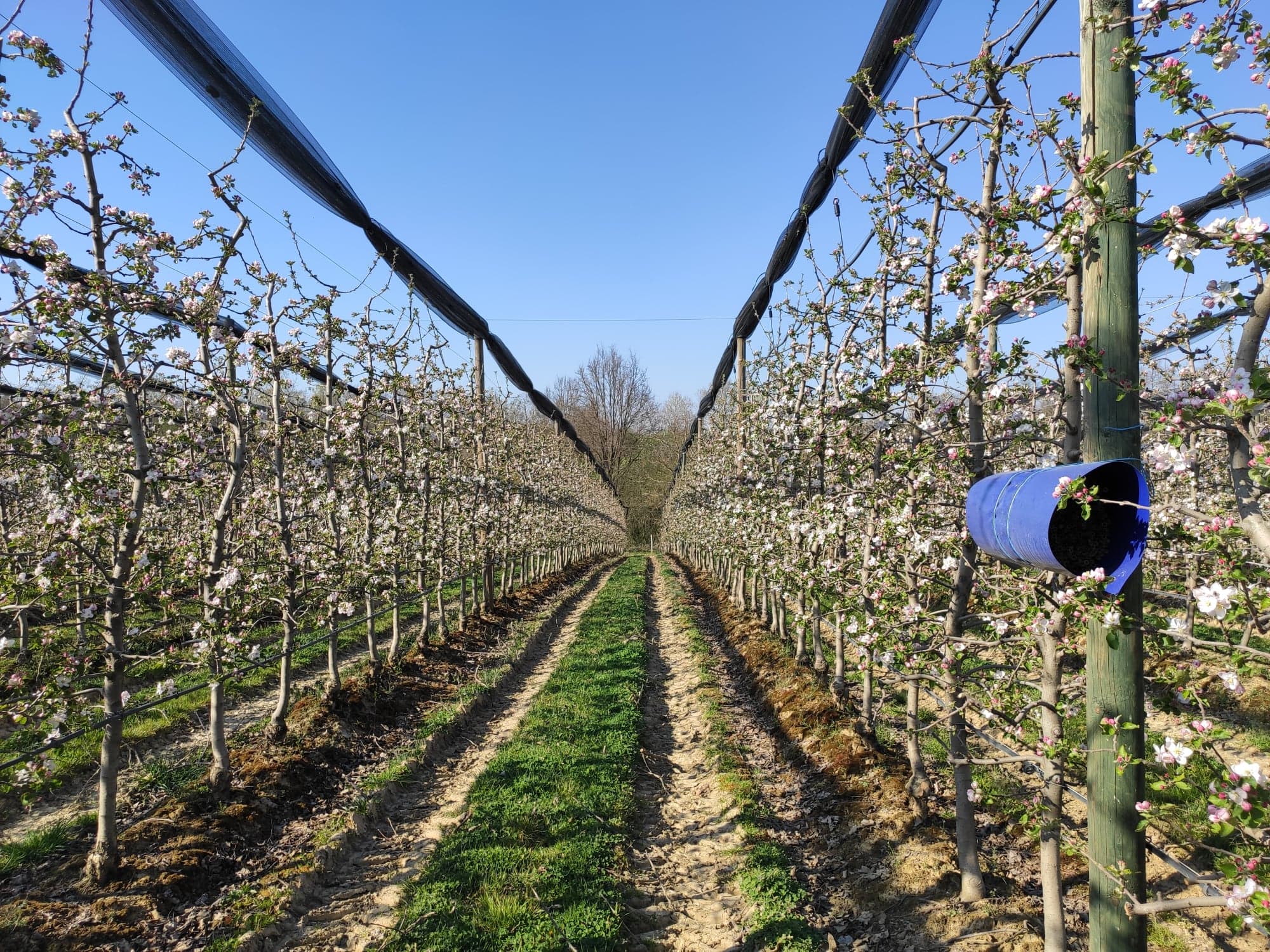 Housing for solitary bees made by Josip Popcevic © Cornuta / Josip Popcevic
Housing for solitary bees made by Josip Popcevic © Cornuta / Josip Popcevic
One of Josip Popcevic’s great ideas for securing the future of these important solitary bees could perhaps only come from an engineer – he has decided to build houses for them. This is no easy task. Unlike honey bees, who can live comfortably alongside thousands of others within a colony, solitary bees – as their name suggests – live completely alone. Except when mating, they do not depend on other bees at all. They most often nest in the ground, in wood and other natural materials. They are more active at lower temperatures, do not fly far from where they live, they are less aggressive than colony bees and they do not sting.
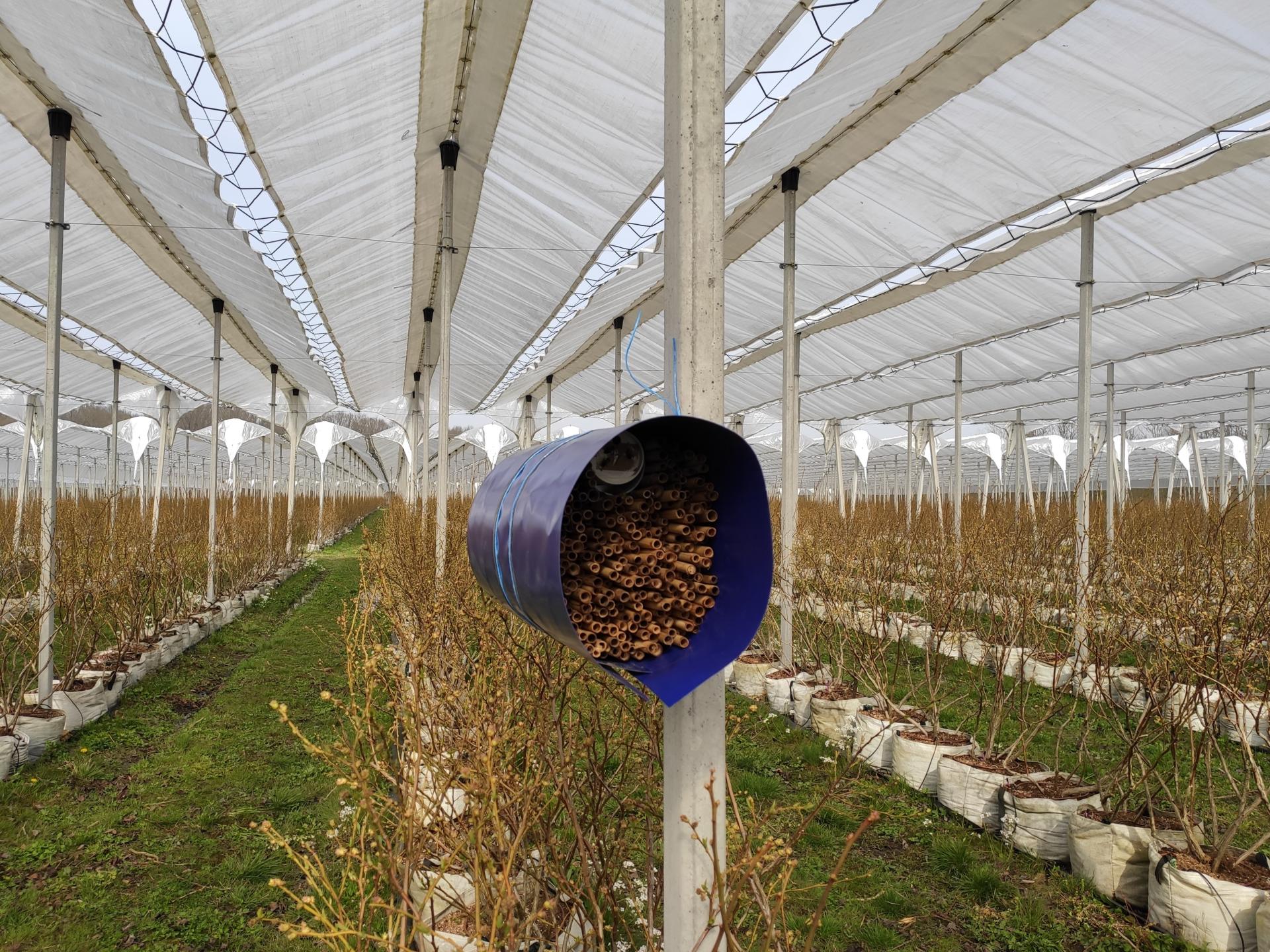 One of Josip’s houses for solitary bees, at work within a Croatian agricultural endeavour © Cornuta
One of Josip’s houses for solitary bees, at work within a Croatian agricultural endeavour © Cornuta
After recognising the worth of solitary bees to pollination, Josip Popcevic realised he could simultaneously run an endeavour of preservation in tandem with a business that was commercially viable to the agricultural industry. He founded the company Cornuta, through which he provided fruit growers with the service of pollination using solitary bees. Now he has extended the business to building houses for solitary bees. He now sells the houses to those operating within the agricultural sector. And, while his efforts currently lie solely within the borders of Croatia, thanks in part to a business competition grant, he has his eyes on expansion of his endeavours into both neighbouring countries and local communities.
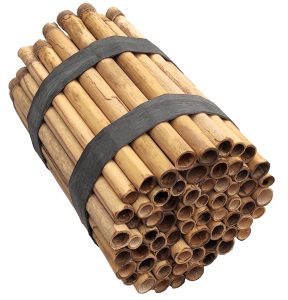 © Cornuta
© Cornuta
“I will soon start placing dwellings for solitary bees on public areas such as parks and school gardens,” Josip Popcevic told Jutarnji List in a recent interview. “I want to dedicate myself even more to educating citizens to become aware of the importance of bees for our planet. There is still a lot of room for improvement and I think that this activity will be even more popular in the years to come.”
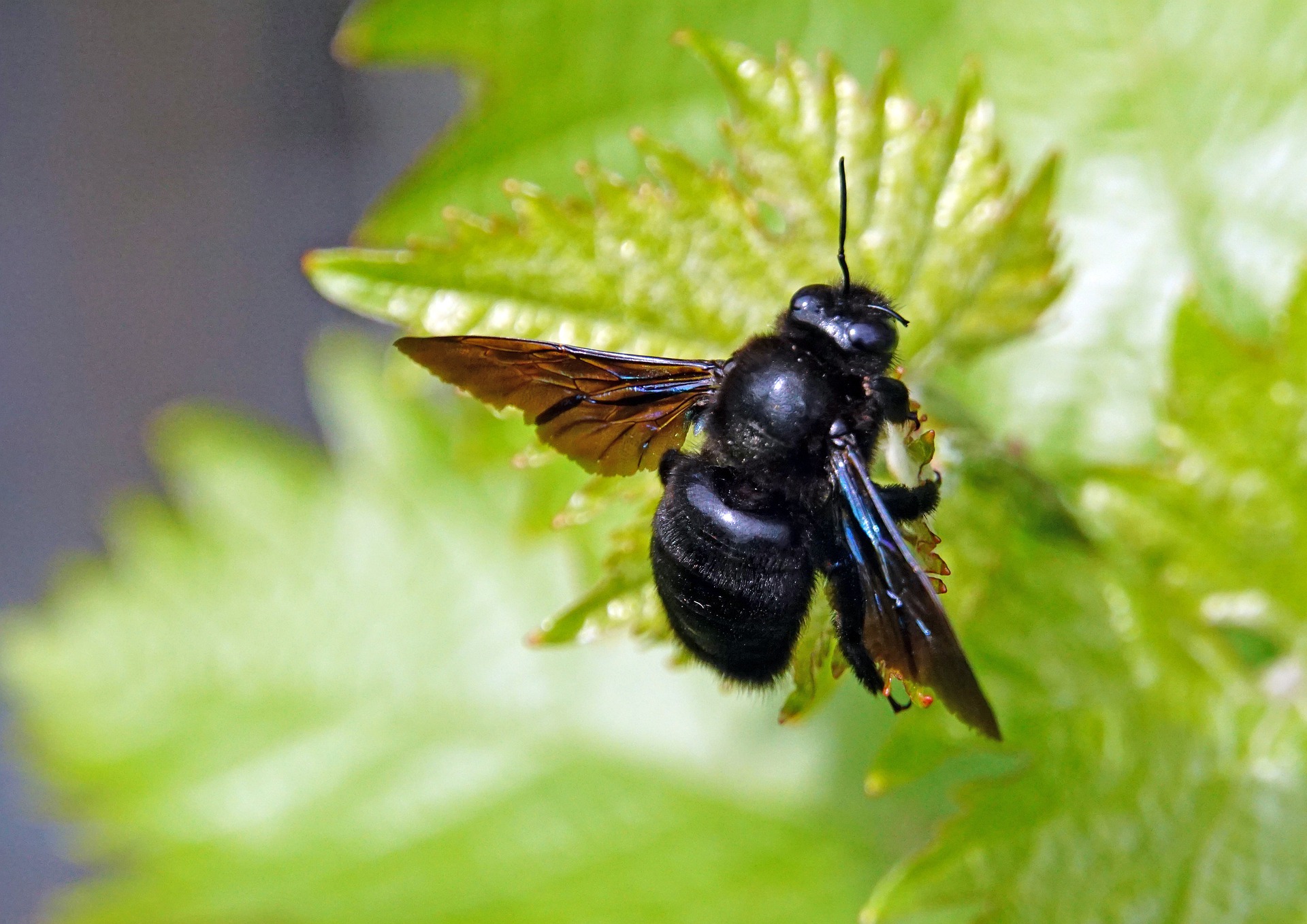 A solitary bee, one of the most important pollinators in the world
A solitary bee, one of the most important pollinators in the world

